If you’ve ever had to spend any time in a hospital, you probably learned more than you wanted of the ailments, concerns, and stories of the patient on the other side of the curtain, the woman in line in front of you, or the man looking for help at the nurse’s station. There is a lot of talk about keeping information private in the medical industry, but the reality is that anyone can learn all about your medical status just by listening in.
Some engineers at INNOVIM stumbled on this conundrum one day. There have been some attempts to tackle this problem – for instance by playing a television or radio to mask ambient conversation, or goosing the white noise. But there were drawbacks to those solutions: television is distracting to patients and caregivers as they try to have an important conversation and white noise sometimes has to be really loud to adequately cover up a private conversation. After a little brainstorming, INNOVIM’s engineers came up with an idea.
What if there were a way to let an inadvertent eavesdropper hear something that sounded like you talking about your medical concerns, but that actually conveyed no meaning at all? We know that the human brain is keyed to search for meaning in human sounds – that’s why a talk show broadcast provides better cover than white noise: your brain is occupied trying to understand the broadcast. Sounds coming from an air conditioner, for instance, don’t occupy the brain at all – you know there’s no meaning there. So here was the idea: take a patient’s conversation, mix up all the sounds, and replay them directed outward from the patient’s position. Do the same with the caregiver’s speech. Now, you’ve created a low-noise bubble around the conversant. Everyone outside that bubble will think they are listening to a conversation, but as hard as they listen, they will never understand what the conversants are saying.
INNOVIM is currently fine tuning just such a device. Soon, a self-calibrating, real-time conversation masking device will appear at a medical office near you, and you’ll never have to worry about the privacy of your medical conversations again.
